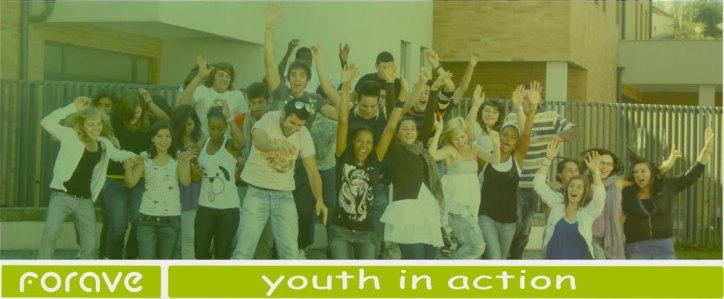 Today we celebrated Dia de São Martinho (Saint Martin Day).
Today we celebrated Dia de São Martinho (Saint Martin Day).But who was São Martinho? The legend says that Martinho was a Roman soldier who was caught, on a dreadful winter day, in a snowstorm with only his cape to protect him. While riding to get out of the storm he was approached by a beggar; Martinho cut his cloak in half to share with the beggar and save him from dying. When Martinho did it, the clouds drifted and beams of sun lit up the sky.
That night Martin dreamed that Jesus was wearing the half-cloak he had given away to the beggar and heard a voice saying, “Every time you do a good deed for your less fortunate and unprotected brothers, you are doing it to me”.
From this day on, he began looking at and treating people differently and was later canonized as a saint.
São Martinho is celebrated throughout Europe on this day, and in Portugal it is celebrated doing good deeds, eating roasted chestnuts wrapped in newspaper or old phone book pages (sometimes also dry figs and walnuts), and drinking the first wine of this year crops, called água-pé (literally "foot water", made by adding water to the juice which is pressed out of the grapes with bare feet ) or jeropiga (a sweet liquor).
But in our school we didn’t drink água-pé or jeropiga; we only ate roasted chestnuts and drank orange juice!
















